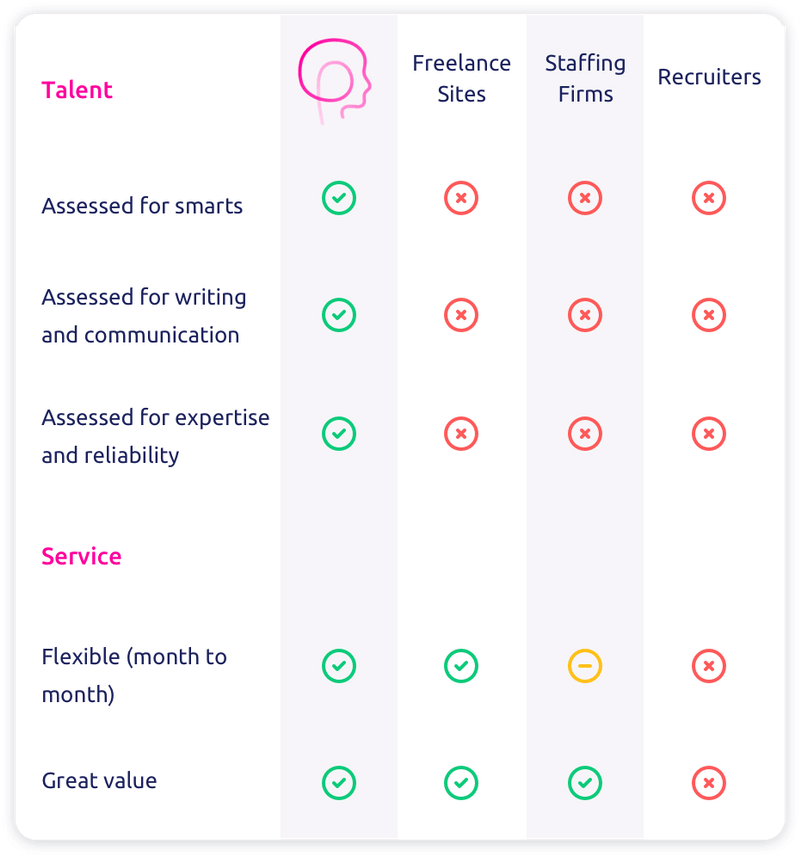What is Recruitment Process Outsourcing (RPO)?
Recruitment Process Outsourcing (RPO) is a type of business process outsourcing (BPO) that involves an external provider taking over the entire or part of a company’s recruitment function. RPO providers manage the entire recruitment cycle, from sourcing candidates to onboarding new hires, using their own technology, processes, and recruiters.
RPO is different from traditional recruitment agencies in that RPO providers act as an extension of the client’s HR department and work closely with them to understand their talent needs, culture, and values. RPO providers also have the expertise and resources to provide strategic recruitment solutions, such as employer branding, talent pipelining, and workforce planning.
RPO can be customized to meet the specific needs of a company, whether it’s to support high-volume hiring, niche recruitment, or global expansion. RPO providers can also offer flexible pricing models, such as pay-per-hire or project-based fees.
Overall, RPO can help companies improve the quality of their hires, reduce time-to-fill, and lower recruitment costs, while allowing them to focus on their core business activities.
Why do companies use Recruitment Process Outsourcing (RPO)?
Companies use RPO to streamline their recruitment process, reduce costs, and improve the quality of their hires. RPO providers can offer expertise, technology, and scalability that may not be available in-house. By outsourcing recruitment, companies can focus on their core business activities while leaving the hiring process to experts.
What are the benefits of using Recruitment Process Outsourcing (RPO)?
The benefits of using RPO include cost savings, improved quality of hires, faster time-to-fill, scalability, and access to specialized technology and expertise. RPO providers can help companies improve their recruitment process by implementing best practices, providing market intelligence, and leveraging data analytics to identify areas for improvement.
Recruitment Process Outsourcing (RPO) Dos And Don’ts
Dos
- Do define clear performance metrics and service level agreements (SLAs) with your RPO provider to ensure accountability.
- Do establish open and frequent communication channels with your RPO provider to ensure a collaborative and successful partnership.
- Do provide your RPO provider with a clear understanding of your company culture and values to ensure they can effectively identify and attract the best candidates.
- Do work with your RPO provider to develop a comprehensive recruitment strategy that aligns with your business goals and objectives.
- Do evaluate your RPO provider’s performance regularly to ensure they are meeting your needs and delivering value to your organization.
Donts
- Don’t choose an RPO provider solely based on price. Consider factors such as experience, reputation, and cultural fit.
- Don’t assume that outsourcing recruitment means abdicating responsibility for candidate quality. Stay involved in the process and provide feedback to your RPO provider.
- Don’t overlook the importance of candidate experience. Your RPO provider should be focused on delivering a positive candidate experience that reflects well on your company.
- Don’t ignore compliance issues. Your RPO provider should be well-versed in employment laws and regulations to ensure your organization remains in compliance.
- Don’t expect immediate results. Recruitment is a long-term process, and it may take time for your RPO provider to deliver the desired outcomes.

